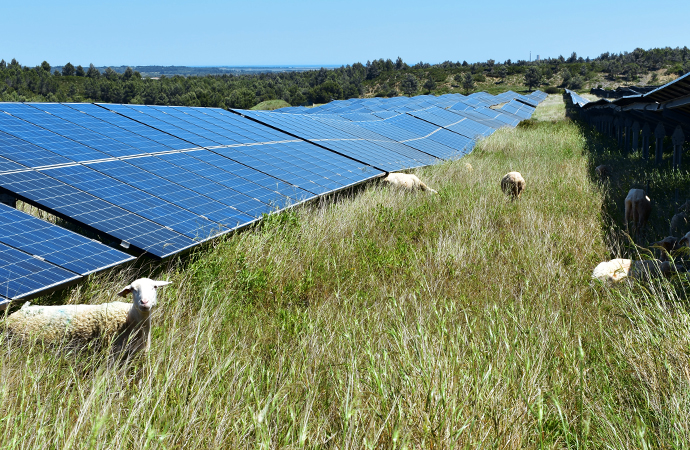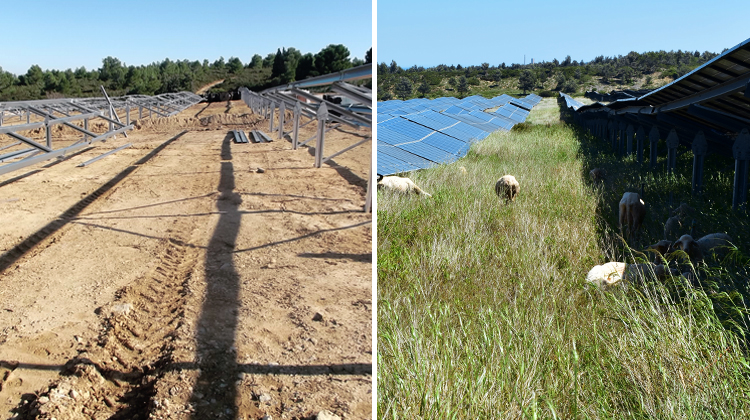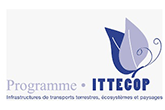ESEB
Impacts of European solar energy infrastructure on biodiversity: integrating existing knowledge to enable Nature Positive management and financial investments

Renewable energy infrastructure may be damaging to ecosystems and contribute to biodiversity decline. However, through appropriate design and management, it can be transformed to Nature Positive, enhancing rather than degrading biodiversity. However, the data are patchily distributed across Europe, are often not or insufficiently published (grey literature) and scientific understanding remains limited..
Ecological understanding that could be advanced by the synthesis of existing data includes the impacts of solar infrastructures on microclimate, and how management can enhance biodiversity and ecosystem services. Moreover, there is a need for robust biodiversity indicators that can provide the basis for finance-related reporting and underpin potential developments in biodiversity credit markets.
This project aims to:
- integrate and analyse solar biodiversity datasets from across Europe;
- evaluate the application of biodiversity-related financial disclosures and biodiversity credit schemes;
- develop a standardised biodiversity and ecosystem service monitoring protocol;
- develop a framework for enhancing solar park biodiversity through evidence-informed decisions on location, design and management.
The project will build a new academic and stakeholder network across Europe focussing on interactions between solar energy and the hosting ecosystem.

Solar park of Roquefort-des-Corbières at construction (left) and four years later (right). © A. Bischoff

Principal investigators:
ARMSTRONG Alona – Lancaster University (UK) ;
BISCHOFF Armin – IMBE – Avignon University (France)
Postdoc:
To be determined
ESEB brings together specialists in plant ecology, pollinator ecology, soil ecology, earth system science, environmental management, data analysis, statistical modelling.
ESEB was selected from the 2024 joint call for proposals with ITTECOP. The project selection process was carried out by a committee of independent experts.
